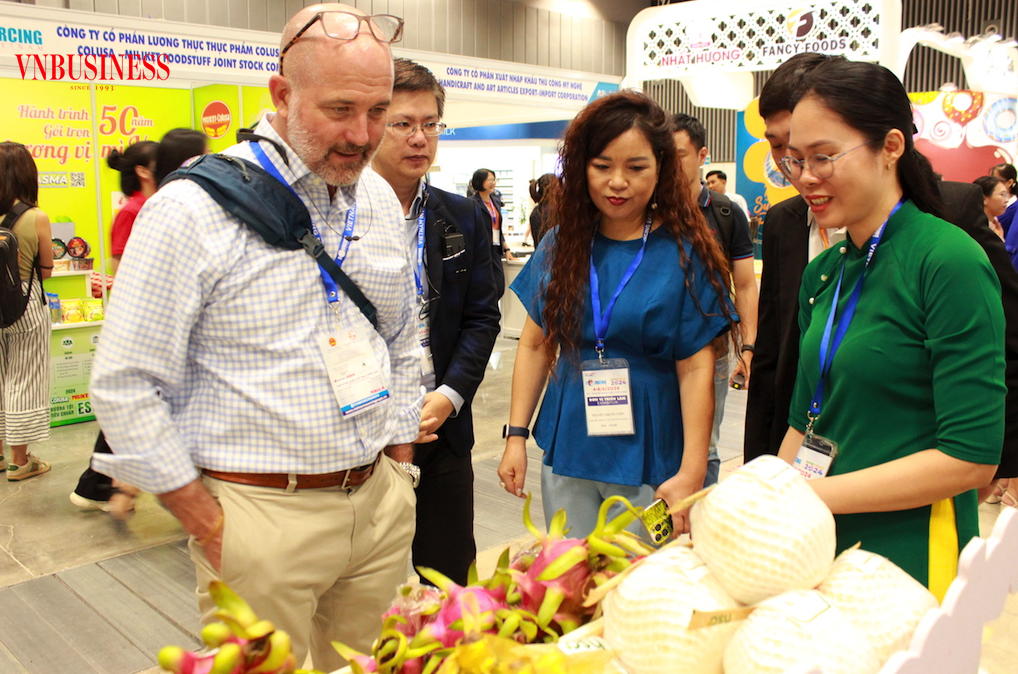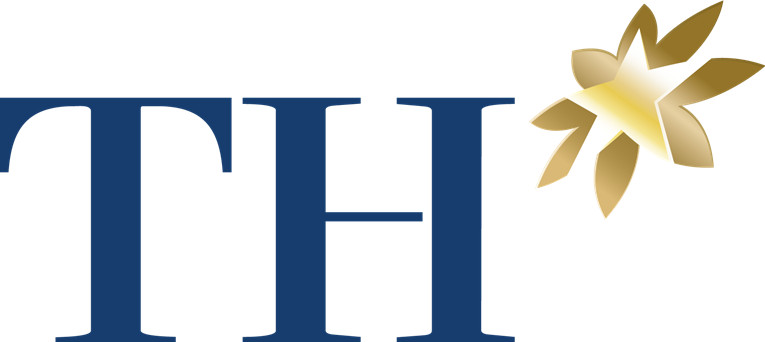What makes large global distribution corporations pay attention to the supply of Vietnamese goods?
The source of Vietnamese goods is being focused on by large global distribution corporations to include in their supply chains because it has many great advantages (in terms of trade, geography, national advantages) and has strengths in many important products, responsible production... This is an opportunity for Vietnamese enterprises to take advantage of, exploit better and overcome limitations to promote inherent advantages.
Speaking about choosing Vietnam as a sourcing destination, Mr. Herman Xu, General Manager of Quality, Miniso Group (a leading Chinese department store chain brand), said that this strategic decision was made based on several key factors.
Advantages of Vietnamese supply chain
Accordingly, the difference in tariffs plays an important role. Vietnam benefits from tariff incentives under many free trade agreements (FTAs), thereby enhancing the competitiveness of this distribution group when penetrating target markets.
 |
Representative of a large distributor in Europe interested in Vietnam's agricultural supply. |
Furthermore, in the context of current global political risks, the political environment in Vietnam is relatively stable, helping to minimize risks in the supply chain and ensure a stable supply of products to consumers worldwide.
At the same time, according to Mr. Herman Xu, the key factor lies in the advantages in Vietnam's supply chain. These are market advantages, geographical advantages, national advantages, and product advantages.
Speaking at the 2024 Export Forum with the theme “Connecting the international supply chain” held in Ho Chi Minh City on June 6, the deputy general director of Miniso pledged to not only provide high-quality products to global consumers but also promote the common development of industries through cooperation with Vietnam's supply chain.
“Certainly, Vietnam’s supply chain also faces some challenges in terms of competition with the global supply chain, product capacity, quality assurance, supply capacity, and trade service capacity. Aiming for long-term development, we always accompany our partners and will cooperate with Vietnam’s supply chain to overcome these challenges,” Mr. Herman Xu emphasized.
According to Ms. Jennifer Yuriko Patton Inukai, Director of Procurement for Asia, Coppel Group (a leading retailer in Mexico), the group plans to expand its operations in Asia by learning more about Vietnam's supply sources as well as the great potential here.
“This strategic move affirms our dedication to the region and our enthusiasm in seeking new cooperation and development opportunities in a dynamic market like Vietnam,” said Ms. Inukai.
Therefore, the purchasing director of Coppel Asia expressed his wish to meet with Vietnamese suppliers to build new partnerships and lay the foundation for long-term cooperation. And the hope is that Vietnamese suppliers will take advantage of this opportunity to cooperate and develop together.
According to information from the Ministry of Industry and Trade, Coppel Group is particularly interested in products originating from Vietnam such as fashion clothing, footwear, technology accessories, and household furniture to diversify the supply source for more than 1,600 branches in Mexico and 27 stores in Argentina.
How to take advantage of the opportunity ?
Not only the above mentioned distribution group, leading supermarkets in the South American region are also flocking to Vietnam to look for suppliers. For example, Falabella (currently the largest retailer in the South American region with a system of 577 stores and shopping centers) is expecting to expand its purchasing in Vietnam to areas from textiles, footwear, sportswear to household appliances and household goods.
Or like Latiquim CA Group (a "giant" with an overwhelming market share in the Venezuelan market in the field of manufacturing and distributing chemical products for the food and beverage industry) wants to find a sustainable partner in Vietnam, especially in the field of sulfonic acid and phosphoric acid production.
Experts say that the reason why major South American distributors focus on Vietnamese supplies is because the standards for imported goods into this market are not too strict, suitable for many types of goods originating from Vietnam. Moreover, Vietnamese suppliers have strengths in the fields that the South American market needs such as textiles, footwear, agricultural and aquatic products, etc.
From the perspective of a leading distributor in North America, Mr. Aly Ansari, General Director of Walmart Vietnam, affirmed that Vietnam is currently an important supply market for Walmart and this role will continue to be enhanced in the future.
“We appreciate the support of the people, workers, businesses and resources of Vietnam that have supported the export of responsibly produced products and continued global growth,” the CEO said.
It can be seen that the positive sharing and actions from major global distributors towards Vietnam's supply sources are very noteworthy. This is expected to be a driving force and an opportunity for Vietnamese enterprises to take advantage and exploit better when participating in the international supply chain.
However, to succeed in becoming an important supply chain link for international distributors, Vietnamese enterprises also need to pay more attention to their limitations to overcome and promote their inherent advantages.
For example, participating in the supply chain of large distributors in China. Experts have found that Vietnamese enterprises still have many factors that they need to pay attention to. For example, protecting product brands, standing out in terms of price, quality and legal issues when participating with distributors in this market.
In addition, as noted by Mr. Ly Tu Xuyen, Vinamit representative in China, Vietnamese enterprises need to focus on cooperation strategies. In particular, they need to actively seek cooperation opportunities with local Chinese distributors to jointly develop the market, establish sales channels and a stable supply chain system.
To be fair, as major global distributors increasingly focus on the supply of Vietnamese goods, Vietnamese businesses must also make more efforts to not disappoint their trust. Local authorities and relevant management agencies will need to continue to promote trade connections between the world's leading distribution and purchasing channels and domestic businesses.
To trade effectively with large distribution corporations, Vietnamese enterprises naturally need to achieve international certifications and have high-quality products in industries where Vietnam has strengths.
Thuy Linh


